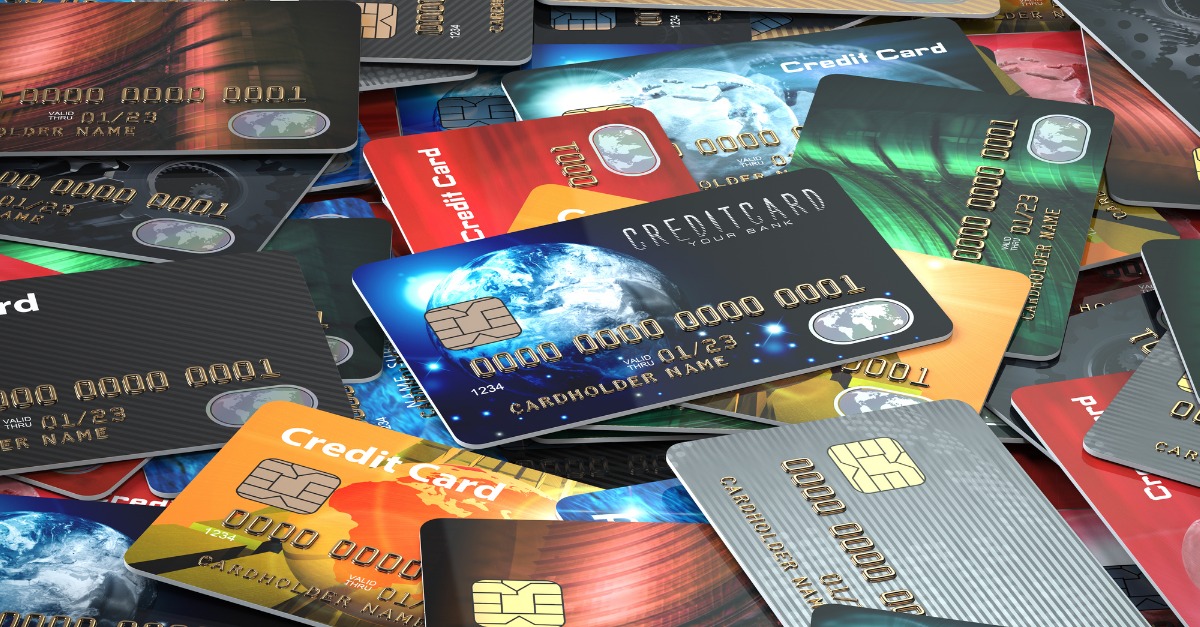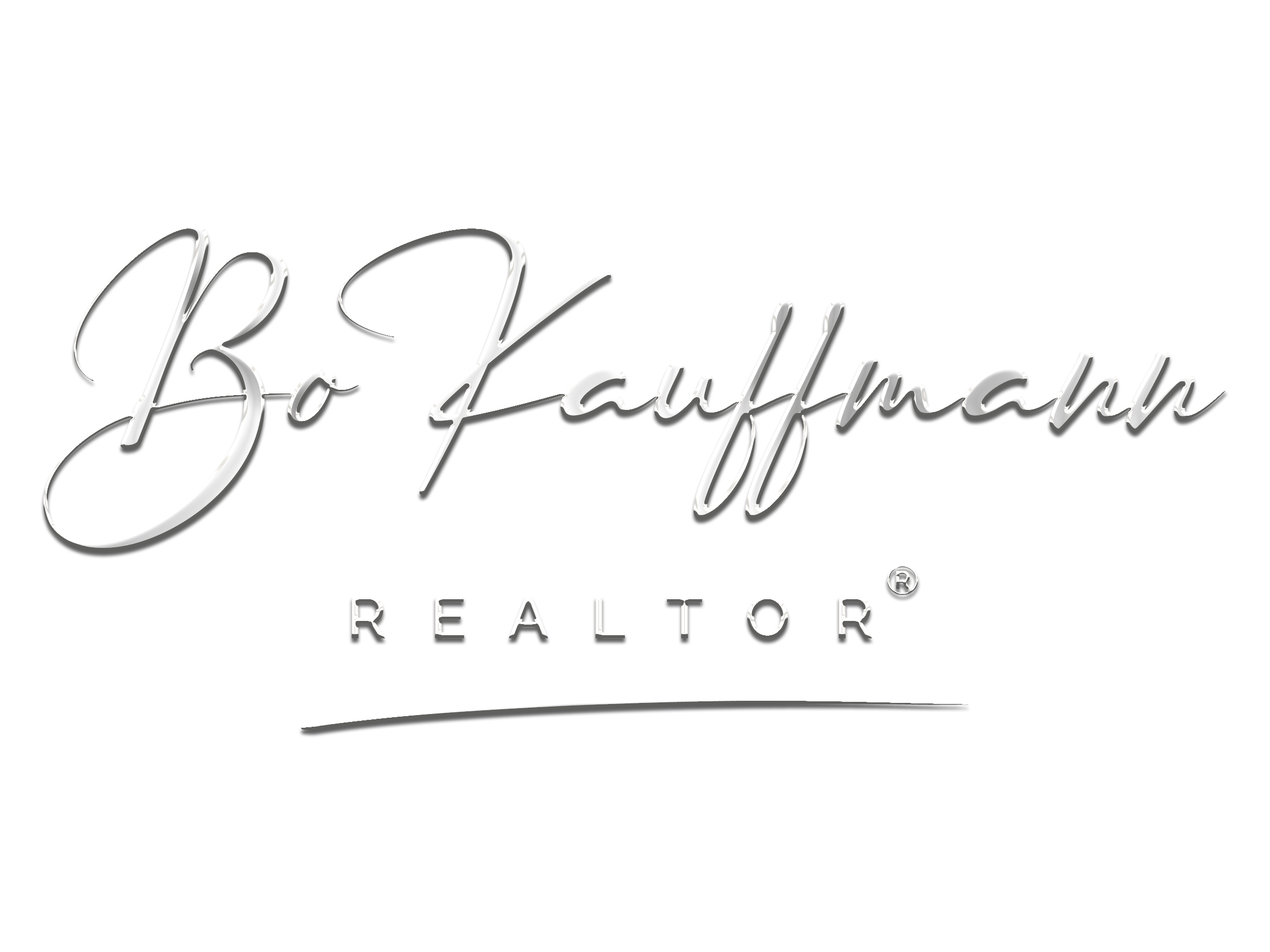
3 Credit Card Mistakes Making It Harder to Buy a Home
In Canada, having a good credit score is one of the major factors banks take into consideration before deciding whether or not you qualify for a mortgage. So, if buying a home is on the horizon for you, it pays to pay down your debts and boost that credit score. Increasing a bad score can take months, even years, so it’s a good idea to start well before you plan to house hunt. While you’re at it, don’t make these mistakes.
Having a Credit Card but Not Using It
Many people think that by temporarily retiring their credit card, they won’t be tempted to spend money they don’t have, which will lead to a better credit score. The truth is, not using your credit card at all can look suspicious, as well, especially if it’s your only one. Make sure you’re using your card—and paying it off in full—at least once in a while, so the bank can see that you’re responsible with it.
Cancelling Your Oldest Credit Card
You may have had your very first credit card since you were a child, or at least since you were a young adult. Rewards and programs have evolved over the years, so you might find yourself with an even better credit card, and are considering cancelling any you no longer use. But doing this will significantly shorten your credit history, which can decrease your score overall. It also minimizes the amount of credit you have access to, which can be to your disadvantage, as well.
Consistently Maxing Out Your Credit Card
Even if you manage to pay off your balance in full every month, constantly spending close to the total amount of credit you have can make banks think twice. To them, it looks like you rely on that amount of credit to make ends meet. Try accessing closer to 30 per cent of your total credit limit at any given time and you’ll notice a big difference in your credit score.
